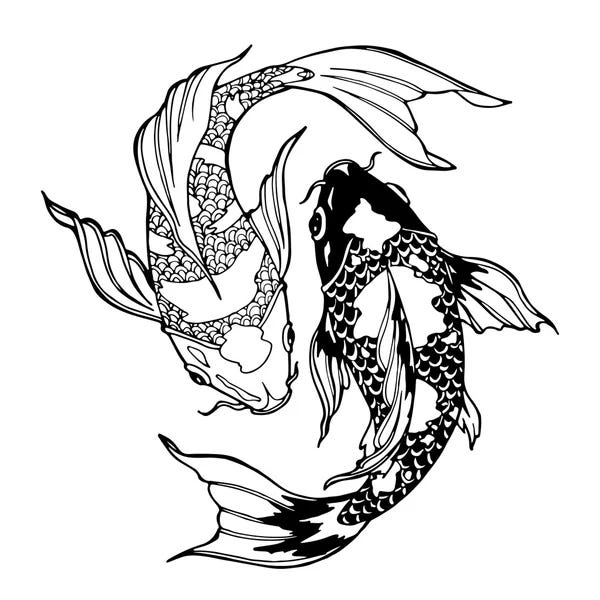A Brief Essay on Change
It’s been a long time since I’ve started thinking about change. One thing I realized is even though so much of our lives change, we still wander around some themes again and again, it’s almost like they’re a part of our core philosophy.

Ironically, change is one of those themes for me. I frequently find myself thinking about change, the way I change, how my interactions change with my friends, family, people around me, how I can change the environment and the conditions I live in, when change occurs, how change occurs, why it sometimes do not occur…
One core idea I cannot shake is the old story of Theseus and his ship. More than a year back, I had written an essay on Reentry, and rather unsuccessfully failed to link Ship of Theseus into the narrative.
I always loved thinking about philosophical discussions and paradoxes. I am amazed that they are so simple at first… alpkeles99.medium.com
Today, I’ll again write on Theseus, but with the connection to this circularity I came to think of, the phenomenon that we cannot really escape certain themes of our lives.
Let me recite the story once again.
The ship wherein Theseus and the youth of Athens returned from Crete had thirty oars, and was preserved by the Athenians down even to the time of Demetrius Phalereus , for they took away the old planks as they decayed, putting in new and stronger timber in their places, insomuch that this ship became a standing example among the philosophers, for the logical question of things that grow; one side holding that the ship remained the same, and the other contending that it was not the same.
— Plutarch, Theseus [Wikipedia]
Even though one might argue that the question itself is not useful for us non philosophers, it has always been one of my favorite topics to think about. I have been fascinated by the amount of connections I could make to real life scenarios, and the amount of insight the question forced me to have for myself. Unarguably, we change every day; we would hopefully assume all of these different(relative to the previous days/months/years) is still us , so how do we fare against the ship?
I always thought the question had something to do with the speed at which we change, the derivative of our deviation.
We can think of this by using trees as an examples. Every day, a tree changes little by little. We see the tree, we look at it, but we always know that it’s the same tree. In fact, we don’t only see the tree, we see its future, we also start to have expectations regarding its state in 1, 2, 5, 10 years. As long as the tree grows as we expect, we can always think of it as the same tree. It might deviate from the expectations until some point, but if we saw that a tree that was 50 centimeters yesterday is 2 meters today, none of us will believe they are the same tree.
I feel like the same is true for the ship, and also for humans. Every day, every second we predict future. We don’t view world only as a moment, we see it as a never-ending sequence of states; and we view the objects and creatures around us based on the expectations. Hence, ship is not a constant object; it’s a function in time as long as it fits our expectations of change, if it deviates too much from the expectations, we might hold on to its old version, “the original”.
The rationale emerges from the fact that no object in the universe is ever static with respect to time, hence we must have adapted our perspective similarly. We are particularly keen on recognizing patterns as they allow us to turn random information into organized and structured knowledge. Recognizing patterns over time is what allowed humanity to discover days, years, calendar and many other discoveries, explorations and inventions over the course of the history. It’s a rather straightforward hypothesis that such convenience could influence our mindset, and that very well could be one of the reasons I believe that expected change is a crucial part of nature.
In essence, it is my belief that past is past, the parts of the ship, or our previous characteristics that we no longer possess are not our parts now. We are not defined by who we were, or even who we were before. We are defined by our past, present, and future at the same time together.